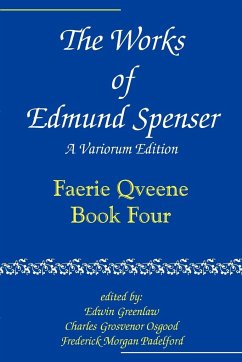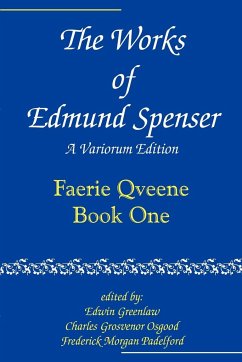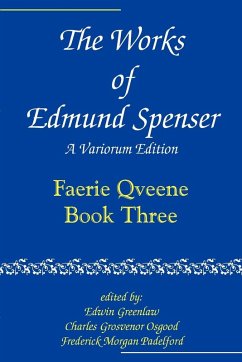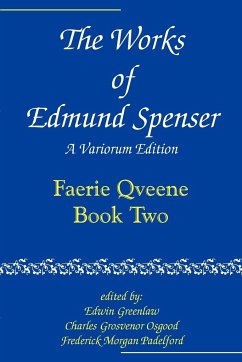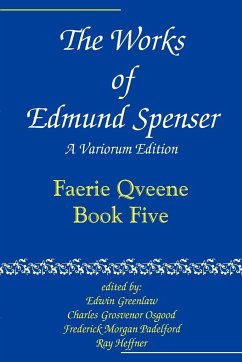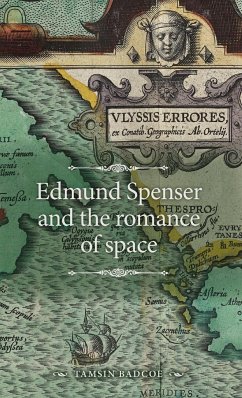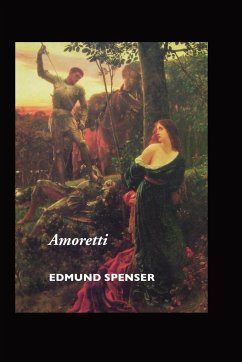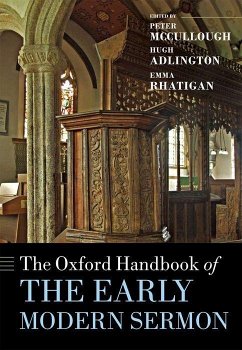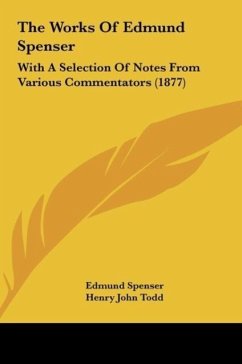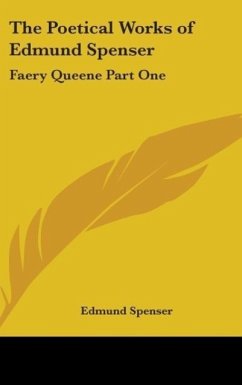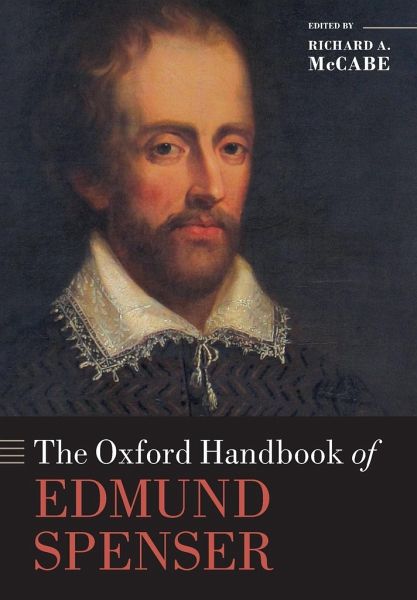
The Oxford Handbook of Edmund Spenser
Versandkostenfrei!
Versandfertig in 1-2 Wochen
62,99 €
inkl. MwSt.

PAYBACK Punkte
31 °P sammeln!
Written by a team of international experts, the forty-two essays in The Oxford Handbook of Edmund Spenser examine the entire canon of Spenser's work and the social and intellectual environments in which it was produced, providing new readings of the texts, extensive analysis of former criticism, and up-to-date bibliographies. Section I, 'Contexts', elucidates the circumstances in which the poetry and prose were written, and suggests some of the major political, social, and professional issues with which the work engages. Section 2, 'Works', presents a series of new readings of the canon inform...
Written by a team of international experts, the forty-two essays in The Oxford Handbook of Edmund Spenser examine the entire canon of Spenser's work and the social and intellectual environments in which it was produced, providing new readings of the texts, extensive analysis of former criticism, and up-to-date bibliographies. Section I, 'Contexts', elucidates the circumstances in which the poetry and prose were written, and suggests some of the major political, social, and professional issues with which the work engages. Section 2, 'Works', presents a series of new readings of the canon informed by the most recent scholarship. Section 3, 'Poetic Craft', provides a detailed analysis of what Spenser termed the poet's 'cunning', the linguistic, rhetorical, and stylistic skills that distinguish his writing. Section 4, 'Sources and Influences', examines a wide range of subtexts, intertexts ,and analogues that contextualise the works within the literary conventions, traditions and genres upon which Spenser draws and not infrequently subverts. Section 5, 'Reception', grapples with the issue of Spenser's effect on succeeding generations of editors, writers, painters, and book-illustrators, while also attempting to identify the most salient and influential strands in the critical tradition. The volume serves as both companion and herald to the Oxford University Press edition of Spenser's Complete Works. No 'agreed' view of Spenser emerges from this work or is intended to. The contributors approach the texts from a variety of viewpoints and employ diverse methods of critical interpretation with a view to stimulating informed discussion and future scholarship.





